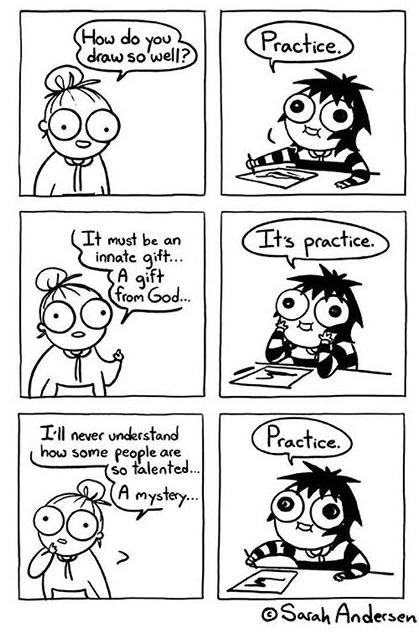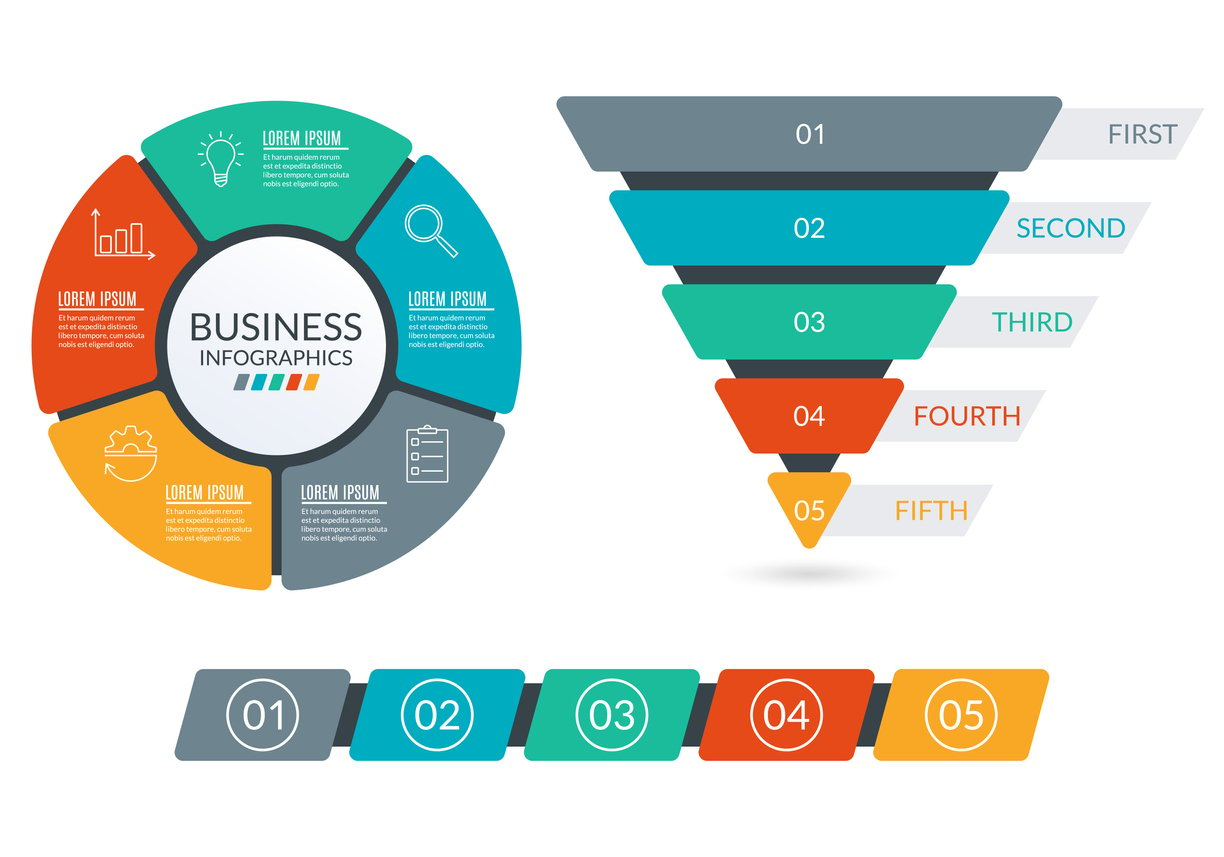
8 Tips on Conducting the Best Coaching Call Ever [Sales Coach Edition]
 Updated on
Updated on
 By Carlos Correa
By Carlos Correa
Carlos Correa
Carlos has been involved in the sales space for well over ten years. He began in the insurance space as an individual sales agent, managing teams as s...
learn more
Carlos Correa
Carlos has been involved in the sales space for well over ten years. He began in the insurance space as an individual sales agent, managing teams as s...
Table of Contents
Table of Contents
Training your agents, regardless of whether they're salespeople or customer service reps, is no walk in the park.
Sometimes you spend hours preparing and delivering the perfect session only to find your agents falling back into previous behaviors within a blink of the eye.
It's frustrating. Enormously so.
Both for you as a manager and them as agents.
Don't believe us and think they're simply slacking off?
Then consider that an incredible 74% of reps feel like they're not reaching their full work potential due to what they perceive to be limited development opportunities.
Hmm, that sounds like a problem that needs to get fixed, doesn't it?
But how can you change the status quo? And how can you motivate your team to internalize your training, smash their numbers, and delight your customers?
By reading on.
We'll give you a crash course on mastering the coaching call — the undisputed champion of improving the performance of any and all call center-based employees.
Feeling pumped and ready to rock and roll?
Terrific! Let's dive in.
The Role of Coaching Calls in Call Centers
Effective coaching calls are the backbone of a high-performing call center. They bridge the gap between training and real-world application, ensuring that agents continually improve their communication skills, customer handling techniques, and overall efficiency.
Why Call Center Coaching Is Essential for Agent Performance and Customer Satisfaction
Call coaching directly impacts both agent development and customer experience. Well-trained agents are more confident, handle interactions more effectively, and resolve issues faster, leading to improved customer satisfaction scores.
Coaching call center agents also helps reduce turnover, as employees feel more supported and engaged in their roles.
A structured coaching program ensures that agents receive personalized feedback and practical solutions to enhance their performance. Whether through one-on-one coaching sessions or group training, call center coaching best practices help agents refine their problem-solving skills, improve call resolution times, and boost first-call resolution rates.
Key Challenges in Coaching Call Center Agents
Despite its benefits, coaching call center agents comes with challenges. Some common obstacles include:
- High agent turnover: Frequent staff changes make it difficult to maintain a consistent coaching strategy.
- Time constraints: Supervisors often struggle to balance coaching with daily operational demands.
- Resistance to feedback: Some agents may view coaching as criticism rather than an opportunity for growth.
- Lack of standardized coaching templates: Inconsistent feedback can lead to confusion and ineffective coaching sessions.
By addressing these challenges with structured call center coaching techniques, managers can create a positive coaching culture that encourages learning and development.
How Structured Coaching Improves Efficiency and Morale
A well-planned coaching program benefits both agents and the overall call center operation. Implementing a call center coaching template helps standardize feedback, making coaching sessions more efficient and actionable.
Structured coaching sessions:
- Provide clear, measurable goals for improvement.
- Use call center coaching examples to illustrate best practices.
- Encourage continuous learning and skill enhancement.
- Improve employee morale by recognizing progress and achievements.
When done effectively, coaching calls foster a culture of growth, enhance agent performance, and contribute to long-term customer satisfaction.
Coaching Call 101

We know you're dying to reach the ten tips we mentioned in the title of this post (and we'll get there, we promise), but first, we recommend starting with a few basic concepts.
You know, to give you the proper fundamentals to build your knowledge on.
However, if you're short on time and confident enough to go at it without a bit of an introduction, you can skip forward to the call coaching tips.
Alright, now that we've lost about 90% of our readers on that last link (by the way, thank you for sticking around and following our recommendation — you're a star!), we're going to define the term "coaching call."
A coaching call can refer to one of two things:
- Any type of coaching done via a phone call
- Coaching call center staff, or salespeople, on improving key skills and becoming more successful virtual communicators
This blog post will focus on the second interpretation because we're the makers of an all-in-one sales CRM and that's where our expertise lies.
And plus, neither one of us has time for a 30,000-word essay on generic coaching call skills.
Quick cutaway: our CRM is called Ringy, and it's a solid platform, just to toot our own horn for a millisecond.
Now back to the coaching call.
First up, why is call center coaching useful?
- It leads to:
- 34% higher retention rates
- 15% more engaged employees
- 24% more profits
- It attracts higher-quality talent with a desire to develop themselves
- 91% of employees want relevant, personalized training
Pretty convincing arguments, right?
Next up, a few examples of what call coaching is and what call coaching isn't.
|
A coaching call is: |
A coaching call isn't: |
|
|
And finally, a little discussion (with its very own section) on the difference between training generic call center staff and inside salespeople.
Coaching Call: Call Center vs. Sales Professionals

Are salespeople really that special that they deserve their very own type of coaching call?
Yes and no.
While the same basic skills are required of all call center staff regardless of their responsibilities, salespeople tend to require a bit more role-specific training than service staff.
Why?
Because in most cases, they'll be:
- Handling both inbound and outbound calls
- Dealing with a ridiculous level of rejection
- Communicating on a large variety of mediums
- Working in an ultra-competitive environment where best practices don't flow freely
- Managing their own sales pipelines in a sales CRM
So show them some extra love and carefully consider all these factors as you plan your training sessions.
Did that last sentence sound like a tip?
Yikes, it did.
We're getting ahead of ourselves here… let's quickly move on before we slip up again and give you more than 8 call center coaching tips.
8 Call Coaching Tips
We know you're busy.
Odds are you jumped here from the quick link we provided you at the beginning of the previous section.
No hard feelings. Really.
And to prove it, we'll even give you a compact executive summary where you can read the ten tips plus a quick sentence on why you should implement it.
You could be done with this article in less than two minutes.
However, if you really want to learn about call center coaching, we advise you to stick around and read the rest of the article, too.
It'll be worth it, guaranteed.
P.S. We've broken the tips down into call center coaching best practices and call center coaching techniques.
Executive Summary

|
The tip |
Why you should follow it |
|
Start training your agents as early as possible |
Get new hires engaged with your company before their first day, so they can hit the ground running |
|
Adapt your coaching style based on your coachee |
Generic advice doesn't work as it doesn't consider individual needs, preferences, and desires |
|
Build up your agents' knowledge of your company and products |
Agents can't provide a top-quality experience if they're not knowledgeable about the product/service you're selling |
|
Go beyond scripted calls |
Giving your agents more freedom (as well as coaching) helps them anticipate needs and offer better, more personalized service |
|
Consider a mentorship scheme |
The outsourcing part of the coaching process is helpful for both the coachee and the mentor, as one receives support from a peer and the other is given a chance to develop their managerial skills |
|
Balance criticism and praise |
Agents don't respond well to coaching that's solely focused on negative feedback |
|
Leverage sales data and your best performers |
Sales data is your best friend (sorry gut feelings) because it helps you unearth problem areas |
|
Concentrate on the middle 60% of performers |
These "average" agents are the ones with the highest return on coaching |
|
Practice, practice, practice with simulated calls |
Simulated calls are a fantastic way to practice and develop skills in a safe environment |
|
Schedule frequent coaching sessions |
People forget the majority of the things they learn — remind them often to ensure the knowledge sticks |
Call Center Coaching Best Practices
Effective call center coaching goes beyond occasional feedback—it requires a structured approach to training, development, and performance tracking.
By following best practices, managers can ensure that coaching sessions are productive, actionable, and aligned with business objectives.
1. Creating a Structured Call Center Coaching Template
A well-designed call center coaching template helps standardize feedback and ensures that every coaching session is goal-oriented. Instead of delivering vague suggestions, supervisors can use structured templates to track agent performance, highlight strengths, and pinpoint areas for improvement.
An effective coaching template should include:
- Agent performance metrics (e.g., average handle time, first-call resolution, customer satisfaction scores)
- Call center coaching feedback examples based on real customer interactions
- Actionable recommendations tailored to the agent's needs
- Follow-up plan with measurable improvement goals
Using a coaching template for sales training makes it easier to provide consistent, constructive feedback that helps agents refine their skills and deliver better customer service.
2. Setting Clear Coaching Goals and Expectations
Without clear objectives, coaching calls can feel unstructured and ineffective. Setting specific, measurable coaching goals ensures that agents understand what's expected and how to improve.
Best practices for setting coaching goals include:
- Aligning goals with call center coaching best practices and company KPIs
- Using call center coaching techniques like SMART (Specific, Measurable, Achievable, Relevant, Time-bound) goal setting
- Providing examples of call center coaching feedback so agents understand the standards
- Communicating expectations openly to encourage accountability
When agents have clear performance targets, they stay motivated and focused on continuous growth.
3. The Importance of Continuous Feedback and Monitoring
Coaching shouldn't be a one-time event—it must be an ongoing process. Continuous feedback helps agents track progress, address challenges proactively, and feel supported in their roles.
To implement a strong feedback loop:
- Schedule regular coaching calls rather than waiting for performance issues to arise
- Use call center coaching examples to illustrate both good and bad practices
- Encourage self-evaluation so agents take ownership of their development
- Balance constructive criticism with positive reinforcement
Consistent feedback fosters a culture of learning and improvement, leading to higher engagement and retention rates.
4. Leveraging Technology for Data-Driven Coaching Insights

Technology plays a crucial role in modern call coaching strategies. AI-powered analytics, call recording software, and real-time monitoring tools provide valuable insights that make coaching sessions more effective.
Here's how to use technology in call center coaching:
- Call analytics tools track key performance metrics and highlight coaching opportunities
- Speech analytics software identifies trends in agent-customer interactions
- AI-driven coaching platforms provide personalized training recommendations
- CRM integrations offer real-time performance insights for targeted coaching
By leveraging data-driven coaching techniques, call centers can enhance training effectiveness, reduce errors, and improve overall customer satisfaction.
Call Center Coaching Techniques
Successful call center coaching relies on practical, hands-on techniques that help agents develop their skills in real-time.
By using structured coaching methods, supervisors can enhance agent performance, improve customer interactions, and ensure long-term growth.
5. Using Real Call Center Coaching Examples for Hands-On Learning
Agents learn best when they see real-world applications of coaching principles. Instead of relying solely on theoretical guidance, call center coaching examples provide clear demonstrations of what works—and what doesn't.
Best practices for using real examples:
- Review past calls to highlight both strong performance and areas for improvement
- Analyze successful agent interactions to reinforce best practices
- Use call center coaching feedback examples to help agents understand how to refine their approach
- Encourage agents to discuss real scenarios and suggest alternative solutions
When agents see real examples in action, they grasp concepts faster and apply them more effectively in live calls.
6. Active Listening and Communication Strategies

Active listening is a critical skill in call coaching because it directly impacts customer satisfaction and problem resolution. Agents who master active listening can de-escalate difficult situations, build rapport, and provide better solutions.
Key active listening techniques in call center coaching include the following:
- Paraphrasing and summarizing: Repeating key customer concerns to confirm understanding
- Empathy statements: Using phrases like "I understand how frustrating that must be" to build trust
- Avoiding interruptions: Letting customers fully explain their issue before responding
- Asking clarifying questions: Ensuring all details are gathered before offering a solution
By coaching call center agents on active listening, supervisors help them enhance their communication skills and improve customer interactions.
7. Call Recording Analysis for Targeted Coaching Sessions
Call recordings offer a goldmine of insights for coaching call center agents effectively. Instead of relying on general feedback, supervisors can analyze recorded calls to provide targeted, data-driven coaching.
The following is how to use call recordings in coaching:
- Identify patterns in agent performance, such as tone of voice, pacing, and problem-solving skills
- Highlight best-practice calls to set clear benchmarks for agent performance
- Pinpoint specific areas for improvement, such as missed upselling opportunities or lack of confidence in handling objections
- Use recordings to provide objective feedback, avoiding vague or subjective criticism
With call recording analysis, coaching sessions become more personalized and results-driven.
8. Role-Playing and Live Call Monitoring for Skill Development

What's the best way to get better at any task?
Hands down practice.

And handling sales or service calls is no exception.
You can improve your agents' performance by presenting them with a series of simulated calls that replicate the typical scenarios they're likely to face on actual calls.
You can actively role play with them or get a mentor to help as you listen in.
Either way, you should provide live coaching or a detailed feedback session at the end of the call to point out what they did well and how they can improve their tactics and techniques.
We find it beneficial to stop the call as a mistake happens and explain to your coachee where they went wrong and the repercussions of such a mistake.
This is a practical, risk-free way to build up skills and prepare your agents for the tough client calls that await them on the other side.
Concluding Thoughts: Get Your Coach On
Enough with the call coaching tips; you're ready to take your learning to the next level.
It's time to organize your next coaching call and make a solid plan on how you're going to deliver lasting change to your agents.
What do you need to do?
- Remember the 8 call center coaching tips we've covered today (if anything is starting to feel hazy, head back up and take your brain for a quick "booster event")
- Use your sales CRM to gather all the data you need to dial in on the problem areas affecting your team's performance
- Practice, practice, practice!
But what about if your legacy CRM doesn't provide you with the information you need?
Then take a moment to look at Ringy and how we can give you the perfect framework for coaching as well as an all-in-one CRM that's both easy to use and affordable.
And remember to request a demo if you like what you see!

Skyrocket your sales with the CRM that does it all.
Calling? Check. SMS? Check. Automation and AI? Check. Effortlessly keep in touch with your customers and boost your revenue without limits.

Take your sales to new heights with Ringy.
Sales in a slump? Ringy gives you the tools and flexibility you need to capture leads, engage with them, and turn them into customers.
Subscribe to Our Blog
Enter your email to get the latest updates sent straight to your inbox!
Categories
Related Articles



































































































